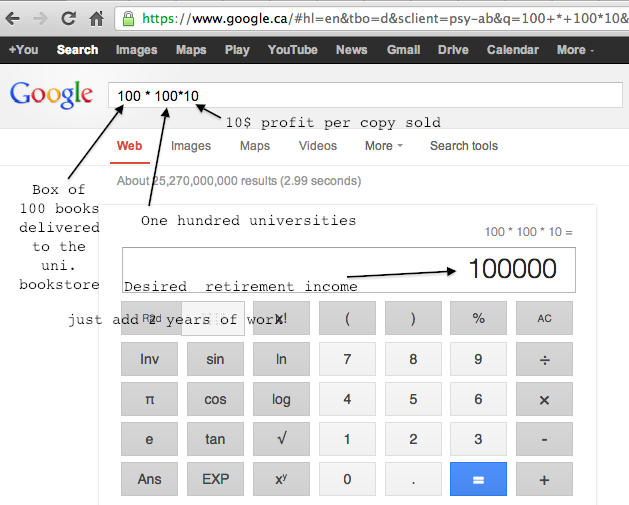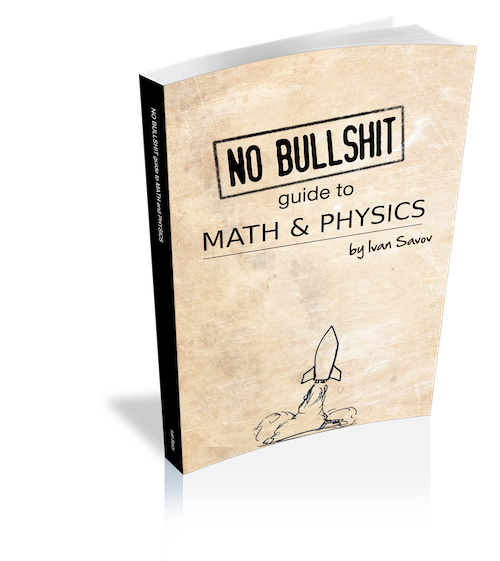A great quote from Richard Hamming from his talk You and your research. It highlights the importance of the “information distillation” that books play.
In this day of practically infinite knowledge, we need orientation to find our way. Let me tell you what infinite knowledge is. Since from the time of Newton to now, we have come close to doubling knowledge every 17 years, more or less. And we cope with that, essentially, by specialization. In the next 340 years at that rate, there will be 20 doublings, i.e. a million, and there will be a million fields of specialty for every one field now. It isn’t going to happen. The present growth of knowledge will choke itself off until we get different tools. I believe that books which try to digest, coordinate, get rid of the duplication, get rid of the less fruitful methods and present the underlying ideas clearly of what we know now, will be the things the future generations will value.


